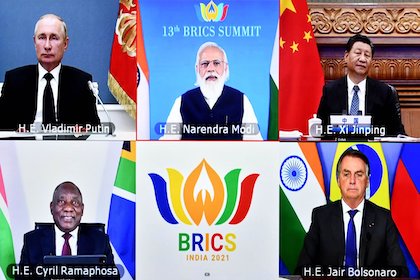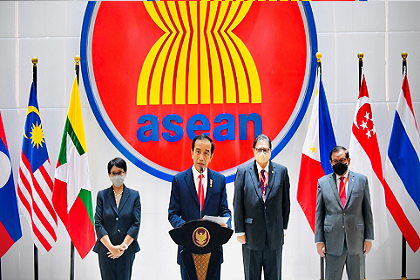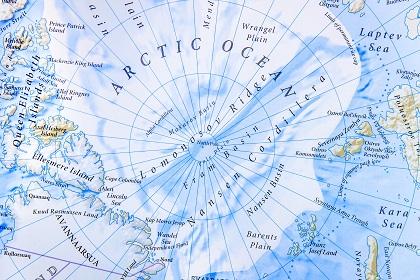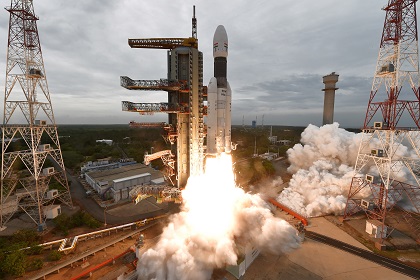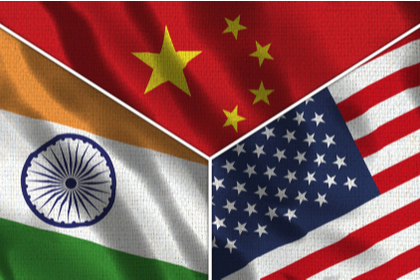Measuring 15 years of BRICS
India hosted the 13th BRICS summit on September 9, celebrating 15 years of the multilateral. The leaders committed to fighting terrorism and reforming multilateral organisations, among other diverse aspects. However, the grouping clearly needs better implementation strategies if the agreements reached, are to be truly successful.

